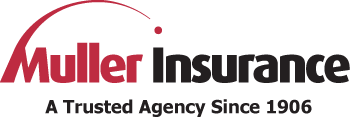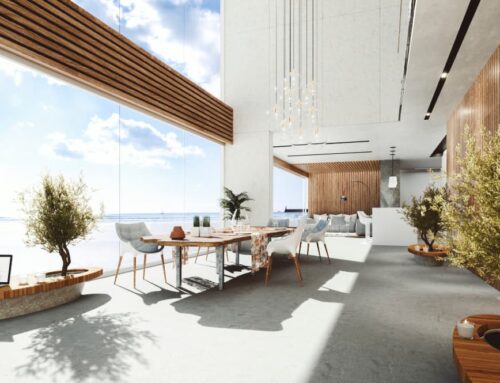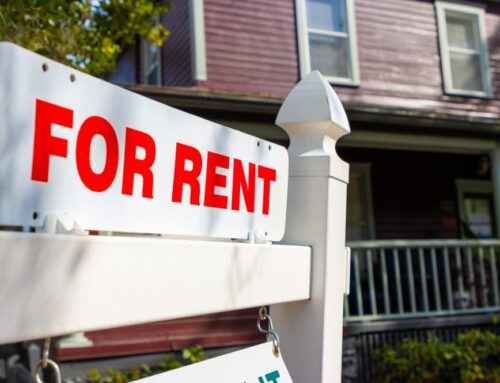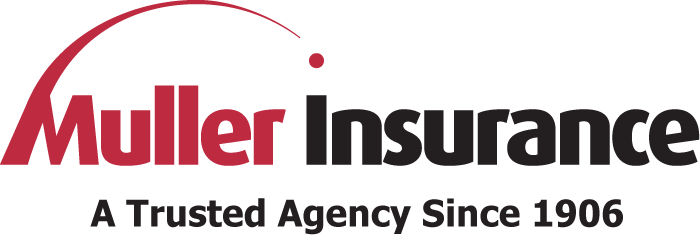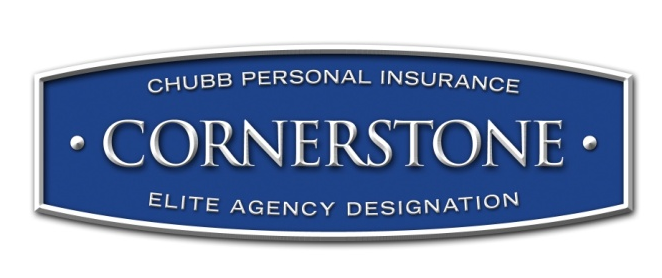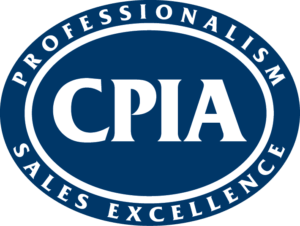Condo communities are based on a unique structure, sharing communal property and individual living units in the same buildings. This structure complicates insurance coverage, which must be carried by condo owners and a condo association’s master condo policy. What exactly does the condo association policy cover? Learn more about what is and isn’t covered by condo association insurance with this review from Muller Insurance.
Building Infrastructure
Whether the community includes a single building or dozens, a condo association insurance policy protects all shared infrastructure. This includes the basic elements of the property, such as ceilings, bare walls, floors, foundations, stairways, and halls.
The master condo policy also covers infrastructure you might not immediately think of. From security cameras and systems to elevators, all core components of the property are covered in the event of damage, theft, or vandalism.
Shared Areas and Amenities
Access to shared amenities is one of the top benefits of condo living, and unit owners enjoy a variety of property features outside their dwellings. These could include:
- Porches, decks, and patios
- Pools and tennis courts
- On-site fitness centers
- Indoor gathering areas
- Garages and carports
All of these common areas and amenities are protected by a condo association insurance policy because they benefit every member of the community and are owned and maintained by the co-op.
Property Provided by Co-Op Shareholders
Any items provided by the co-op for individual occupant use inside or outside units will be covered under a master condo policy. Generally, this refers to whatever is included with units at the time of move-in.
If your co-op includes appliances, rugs, blinds, or other in-unit items, the policy will pay to repair or replace them in the event of damage. Condo association insurance also extends to landscaping, such as shrubbery, plants, and gardens maintained by the co-op.
Protection Against Liability
The features that make condos so appealing can also put the co-op and condo association at greater risk for liability. Slippery decks at swimming pools, improperly balanced gym equipment, or rotted steps leading to an outdoor gathering space can all increase the risk of injury to residents and guests as well as damage to their personal property. When injuries or damage occurs, costly lawsuits quickly follow.
Fortunately, condo association policies include liability coverage to pay for the expense of these lawsuits, including payment of medical bills and repair or replacement of damaged property. The policy can also protect board members from lawsuits that might otherwise affect their personal finances.
What Isn’t Covered?
While condo association policies are comprehensive by design, they do not address every aspect of condo insurance. Just as landlord insurance does not cover the personal property of renters, master condo policies will not provide payments for repairing or replacing personal items belong to unit owners. All unit owners should be encouraged to purchase individual condo insurance policies to protect their furniture, appliances, clothing and jewelry, electronics, and other personal property in the event of a natural disaster.
Flood damage is also not covered by condo association insurance, just as it isn’t covered by most property policies. If the community lies within a flood zone, speak with your insurance agent about the appropriate level of flood insurance to protect against damages caused by rising waters.
Get Condo Association Insurance Coverage
Having the right level of condo association insurance coverage protects your community against loss, ensuring a comfortable, safe environment for residents. To learn more about master condo insurance in New Jersey, New York, Connecticut, Pennsylvania, Nevada, and 11 other states across the nation, contact Muller Insurance today.
